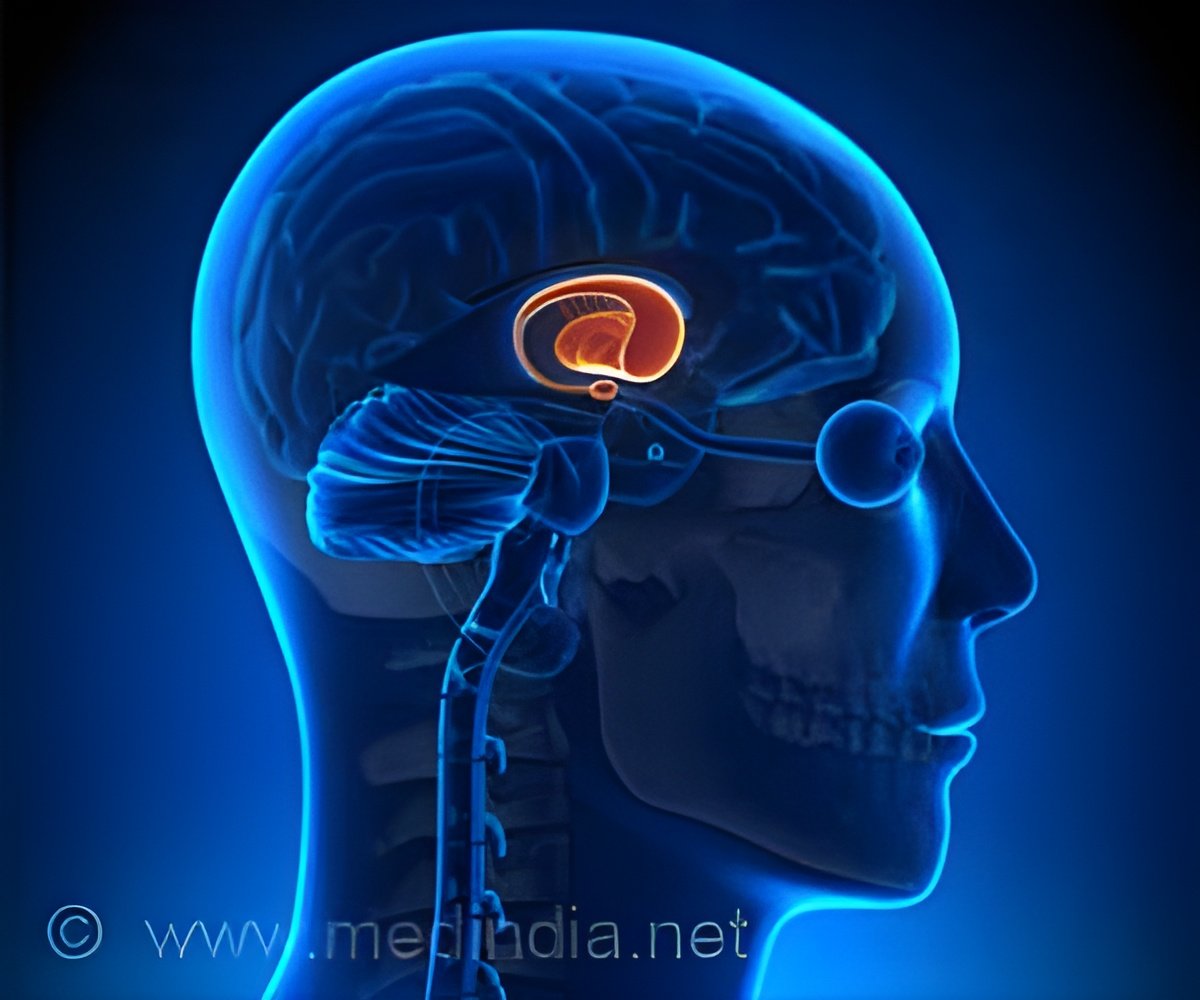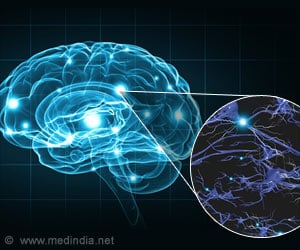A drug already used to treat certain forms of cancer may also offer hope to treat Huntington's disease and other neurodegenerative diseases.

‘Future therapies for Huntington's disease and other neurodegenerative conditions may take a cue from HIV treatments and involve a "cocktail" approach of combined medications.’





In this study, mice with the equivalent of Huntington's disease became more mobile, recovered from neurodegeneration, and lived longer after being treated with bexarotene. The same research builds on a 2016 study where La Spada and his team showed that the drug KD3010 is an effective treatment for Huntington's disease in mice and in human patient neurons made from stem cells. Senior author Al La Spada, MD, PhD, (photo) said the study results are exciting not just because these drugs worked, but because of how they worked. "It's not just the response from the drugs, but the mechanistic pathways these drugs are targeting," said La Spada, director of the forthcoming Duke Center for Neurodegeneration and Neurotherapeutics. "These pathways are relevant to other neurodegenerative disorders and potentially the aging process, itself in addition to Huntington's disease."
Bexarotene and KD3010 function by activating PPARδ, a transcription factor that keeps neurons functional in two ways: by keeping mitochondria healthy and active, and by helping neurons remove dysfunctional proteins. Mice--and humans--with Huntington's disease have problems activating PPARδ. When La Spada and colleagues treated Huntington's mice with bexarotene or KD3010, they observed improved mitochondrial health in neurons, as well as increased removal of damaging misfolded proteins.
The same factors of impaired mitochondrial function and protein misfolding are recognized as increasingly important in diseases like Alzheimer's disease, Parkinson's disease, and ALS.
The study doesn't mean that patients with Huntington's disease or other conditions should rush to get bexarotene or KD3010. Further research needs to determine how to use these drugs in human patients. Bexarotene can have difficult side effects at high dosages, and optimal doses aren't known, while KD3010 has only been tested in human subjects for type II diabetes.
Advertisement
"With this approach, we could minimize side effects with lower doses of each compound, even when together the treatments provide a higher effect than either one alone," said Dickey. "We are carrying out further research on the underlying mechanisms of neuroprotection and applying this research to other diseases with similar issues of mitochondrial dysfunction and protein quality control, such as Parkinson's disease, Alzheimer's disease, and ALS."
Advertisement















